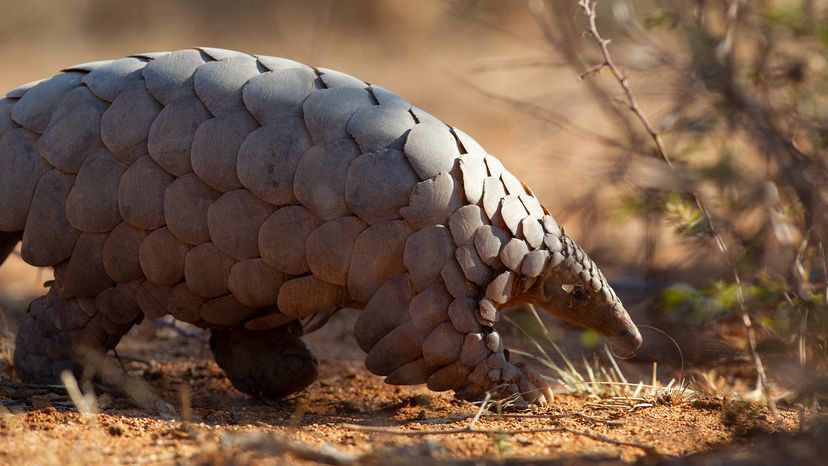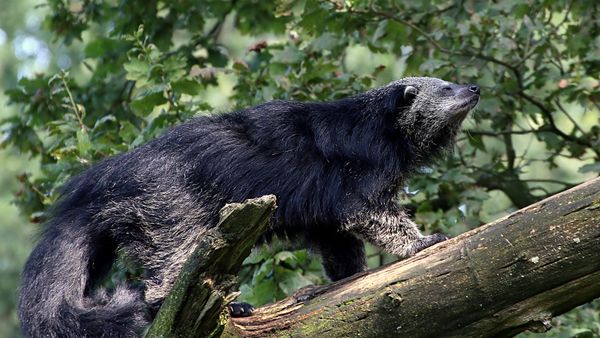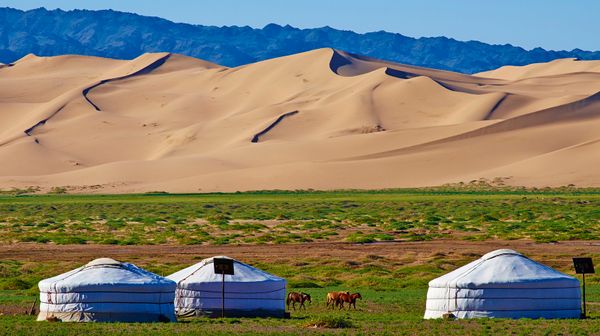Pangolins are known as some of the most trafficked mammals in the world. All eight pangolin species are on the IUCN Red List of Threatened Species.
Three species are critically endangered (the Chinese pangolin, Philippine pangolin and Sunda pangolin), three are endangered (the Indian pangolin, white-bellied pangolin and giant ground pangolin) and two are vulnerable (the black-bellied pangolin and Temminck's pangolin).
Dan Challender, Chair of the IUCN SSC Pangolin Specialist Group, wrote in an IUCN press release:
"Their imperiled status is due to overexploitation from both poaching for consumption of the animals and their body parts (e.g., scales) locally and from trafficking of pangolins and their scales internationally, mainly to satisfy the unyielding demand of China and Vietnam’s luxury meat and traditional medicine markets. Pangolin meat is eaten as a luxury dish in high-end urban restaurants and pangolin scales are used to treat a range of ailments from psoriasis to cancer."
According to Challender, in the last decade, pangolin trafficking has moved beyond Asia, with African pangolins being poached and sent to Asia. Now, all eight species are involved in illegal wildlife trade.
In 2016, the Convention on International Trade in Endangered Species of Wild Fauna and Flora voted to ban the international trade of all pangolins and their parts.
Despite national and international laws protecting pangolins, illegal poaching still occurs due to the high demand for pangolin products, including the pangolin scales used in Traditional Chinese medicine (TCM).



